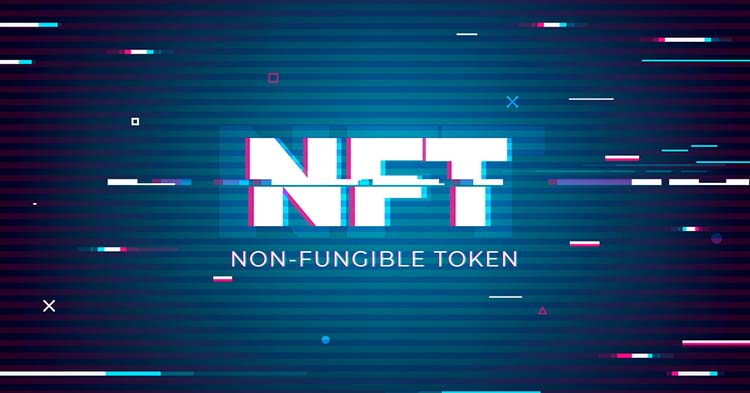
Investors have long dealt in all kinds of traditional assets (cash, stocks, and bonds) and alternative assets (hedge funds, real estate, private equity, and stamp or coin collections). Within these asset classes are:
- Tangible assets: Physical property that can be touched and seen (buildings, equipment, and collectibles)
- Intangible assets: Assets that are not physical (brand recognition, goodwill, and intellectual property)
Then there is the growing popularity of non-fungible tokens, or NFTs, for use as investment assets. The IRS views NFTs as capital assets, even if acquired by cryptocurrency. This means that the sale of an NFT can generate capital gains. These, in turn, are taxed at capital gains rates.
This might then lead to the question about whether an investor can do a like-kind exchange on an NFT, and potentially defer those capital gains to the future.
The short and long answer to this question – at least right now – is no. According to 26 U.S. Code § 1031, only real property held for business or investment purposes can be exchanged into other real estate of greater or equal value. No other property is eligible for a like-kind exchange.
Defining Fungible and NFTs
To better understand this, let’s back up a couple of steps and discuss what’s meant by “non-fungible.” To do this, it’s important to understand what fungible means. Fungible means that something can be replaced or exchanged with another identical item. Paper currency is one example of a fungible item. It’s possible to exchange five $1 bills for a $5 bill – it’s still $5. Fungibility means an asset can be exchanged for equal value.
But non-fungible assets are unique. They can’t automatically be exchanged for an exact value. Diamonds are non-fungible assets. So is real estate. Each real estate asset is different, based on location, age, use, and other factors. As such, conducting a “like-kind exchange” is less about the actual type of real estate and more about its value.
Also non-fungible? NFTs. These are digital representations of assets that are created and stored within the blockchain. Each NFT carries a unique code that prevents replication (or theft) and helps distinguish it from any other NFT. Anything digitizable can be minted as an NFT, like a work of art, a photo, a song . . . and yes, real estate.
There’s been plenty of news concerning the use of cryptocurrency to buy virtual real estate. Virtual real estate can be bought and sold within digital environments or games. Virtual real estate can also be digitized by minting them as NFTs. So, can real estate digitized as an NFT be used as part of a like-kind exchange? Again, no. the Internal Revenue Code’s real property definition is definitely real world.
Defining Real Property
26 CFR § 1.856-10 – “Definition of Real Property” means “land and improvements to land.” Delving deeper into this, land includes “water and air space superjacent to land” as well as the natural products or any deposits that are part of the land (as long those natural products and deposits stay put and aren’t taken out of the land). Meanwhile, “improvements” refer to “any permanently affixed building” or other structure. Based on this definition, only tangible real estate fits under the definition of real property. And only real property is eligible for 1031 exchange treatment.
NFTs and Capital Gains
Adding to the confusion is that the sale or exchange of an NFT might not always trigger a taxable event. The IRS is still wrestling with the issue of the difference between NFTs as noncapital assets and those that can be classified as capital assets.
So there are a couple of takeaways here. First, NFTs don’t fit the definition of real property as outlined by the IRC. And second, use of NFTs as an investment asset should be treated cautiously, especially when it comes to tax treatments.
This material is for general information and educational purposes only. Information is based on data gathered from what we believe are reliable sources. It is not guaranteed as to accuracy, does not purport to be complete and is not intended to be used as a primary basis for investment decisions. It should also not be construed as advice meeting the particular investment needs of any investor.
Costs associated with a 1031 transaction may impact investor’s returns and may outweigh the tax benefits. An unfavorable tax ruling may cancel deferral of capital gains and result in immediate tax liabilities.
Realized does not provide tax or legal advice. This material is not a substitute for seeking the advice of a qualified professional for your individual situation.



